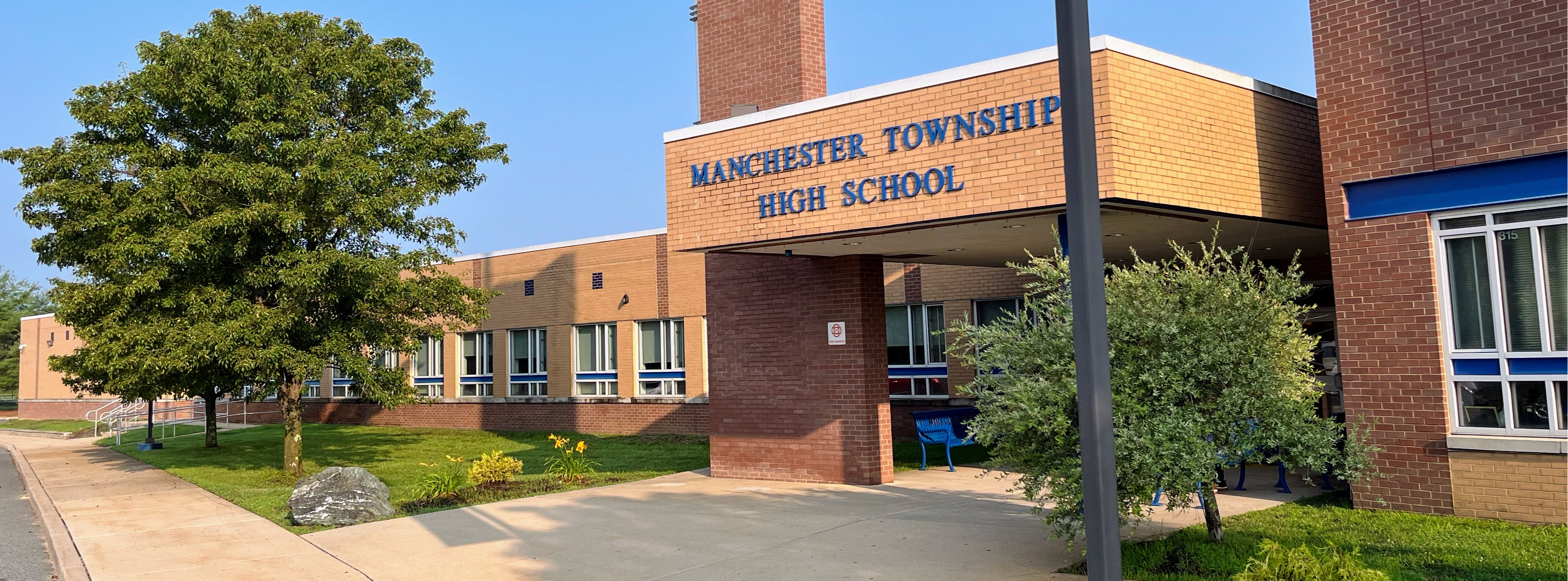Comprehending the Relevance of Institutions in Kid Advancement and Area Growth
Colleges' involvement with neighborhood areas via service-learning efforts reinforces the bond in between family members and instructional institutions. This symbiotic relationship emphasizes the value of schools in nurturing active citizenship and lifelong learning habits.
Academic Achievement
Academic accomplishment works as a keystone of youngster growth, offering the structure upon which future understanding and success are built. Colleges play an essential duty in promoting this scholastic growth, supplying structured settings where kids can get crucial understanding and cognitive skills. Standard educational program ensure that trainees gain efficiency in core topics such as maths, scientific research, and language arts, which are vital for both higher education and learning and specialist possibilities.
Along with giving essential academic skills, colleges also cultivate critical thinking, analytical capabilities, and intellectual interest. These cognitive competencies are crucial for browsing intricate real-world circumstances and adapting to the ever-evolving demands of the contemporary work environment. Educators, as facilitators of learning, employ diverse instructional techniques to accommodate different discovering styles, therefore optimizing individual pupil potential.
Additionally, scholastic success is very closely connected to self-esteem and motivation. Kids that experience academic accomplishments are more probable to develop a favorable self-concept and a lifelong interest for discovering. Schools also supply numerous resources, such as collections and modern technology, which even more boost the instructional experience and prepare students for a technologically advanced culture.
Social Ability Development
Beyond scholastic success, the function of schools in social skill growth is indispensable. Schools function as a primary place for children to discover and exercise vital social abilities such as collaboration, problem, and communication resolution. In the structured environment of a classroom, pupils communicate with peers, educators, and other school staff, offering various possibilities to create these essential capacities.
Efficient social ability development in schools is facilitated via team activities, joint jobs, and extracurricular programs. These communications assist trainees recognize social norms, develop compassion, and cultivate a feeling of area. Group jobs educate students exactly how to function together in the direction of a typical objective, pay attention to various point of views, and navigate differences constructively.

The cultivation of social abilities during academic year lays a structure for future personal and expert relationships. Save Temecula Schools. As pupils develop, the capability to efficiently interact and collaborate becomes progressively crucial, highlighting the college's essential role in alternative youngster development
Exposure to Variety
Exposure to diversity in colleges is essential to fostering a comprehensive state of mind and expanding students' perspectives. Schools work as a microcosm of the wider culture, and running into varied societies, languages, and socioeconomic backgrounds within this setting furnishes trainees with essential skills for navigating an increasingly globalized world. This exposure urges empathy, minimizes prejudices, and promotes common respect among peers.
Diverse class also improve cognitive and social advancement. Research suggests that students who engage with peers from different backgrounds show far better analytical abilities and creativity. They discover to appreciate various viewpoints, which enriches classroom conversations and fosters a much more dynamic learning experience. This understanding of variety prepares pupils for future offices that value multicultural competence.

Neighborhood Interaction
The benefits of varied classrooms prolong past the school walls, promoting a solid sense of neighborhood interaction among pupils. By connecting with peers from numerous cultural, socioeconomic, and ethnic backgrounds, trainees get a broader perspective and a recognition for variety. This exposure urges them to come to be active residents that agree to add positively to their neighborhoods.
Institutions that highlight community involvement frequently include service-learning tasks, which permit trainees to resolve real-world troubles while applying academic abilities. These projects not just improve trainees' understanding of their coursework but likewise instill a sense of duty and compassion. Moreover, collaborations in between schools and local organizations give students with opportunities to take part get more in area events, even more solidifying their function as proactive neighborhood members.
Furthermore, parental and neighborhood involvement in schools enhances the bond between educational establishments and the neighborhoods they offer. Via these initiatives, colleges play a crucial role in supporting neighborhood involvement and fostering social growth.
Lifelong Learning Habits
Establishing lifelong understanding behaviors is essential for a child's continuous growth and versatility in an ever-changing globe. Schools play an essential role in instilling these routines by developing an environment that promotes curiosity, critical thinking, and a love for expertise. With extracurricular activities and varied curricula, instructors motivate trainees to check read this article out numerous topics, analyze info seriously, and use their discovering to real-world scenarios.

Additionally, schools offer a structured setting where children can create self-control and time administration abilities, both of which are essential for continuous learning. By highlighting the significance of setting goals, reflecting on progression, and adjusting techniques, schools prepare trainees to navigate the intricacies of grown-up life, guaranteeing they remain long-lasting students and contributors to culture.
Verdict
In verdict, colleges are vital in fostering kid advancement and area growth by offering atmospheres favorable to scholastic achievement, social skill development, and direct exposure to variety. Eventually, schools cultivate lifelong discovering routines, equipping individuals with the needed knowledge and abilities to add positively to culture.
In the organized atmosphere of a class, students engage with peers, teachers, and various other school personnel, offering various possibilities to develop these important abilities.
In significance, exposure to diversity within institutions not just enriches private students yet also enhances the social material of the area as a whole.
The benefits of diverse classrooms expand beyond the institution wall surfaces, cultivating a solid sense of area engagement among trainees.Institutions that stress area engagement often include service-learning tasks, see this page which permit students to deal with real-world problems while applying academic abilities. Collaborations in between colleges and neighborhood companies provide trainees with opportunities to participate in community events, further solidifying their role as aggressive community members.